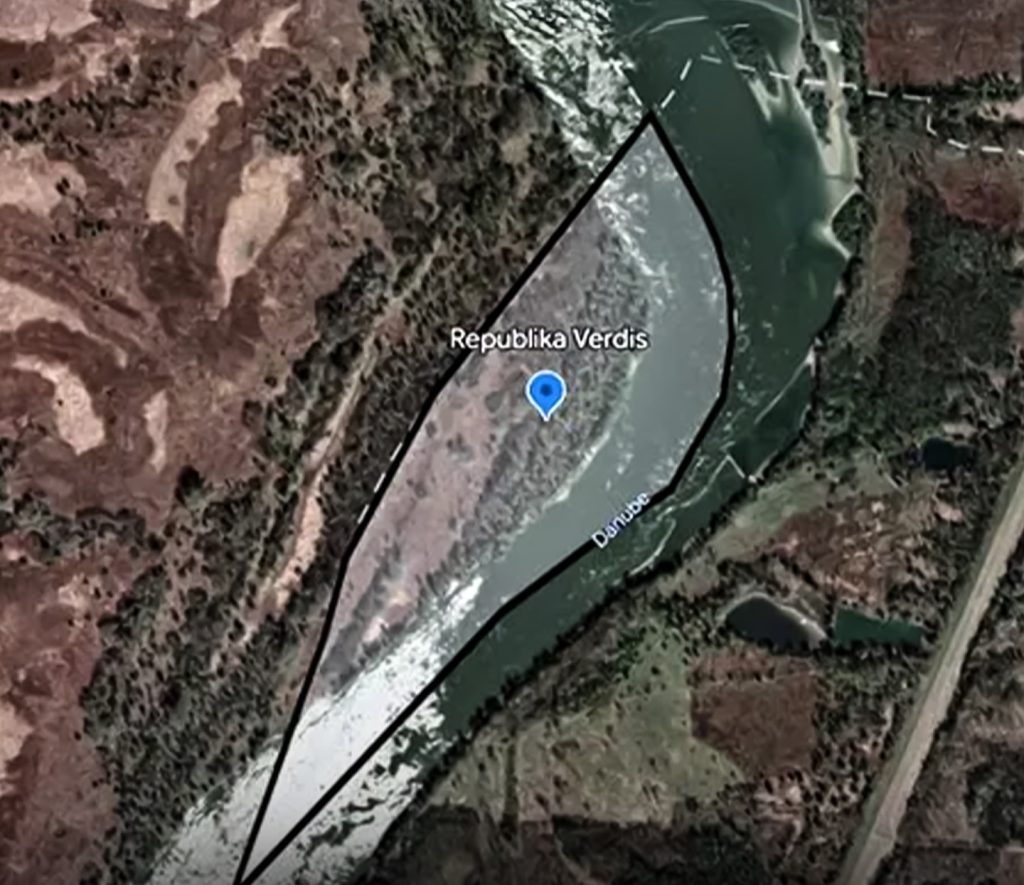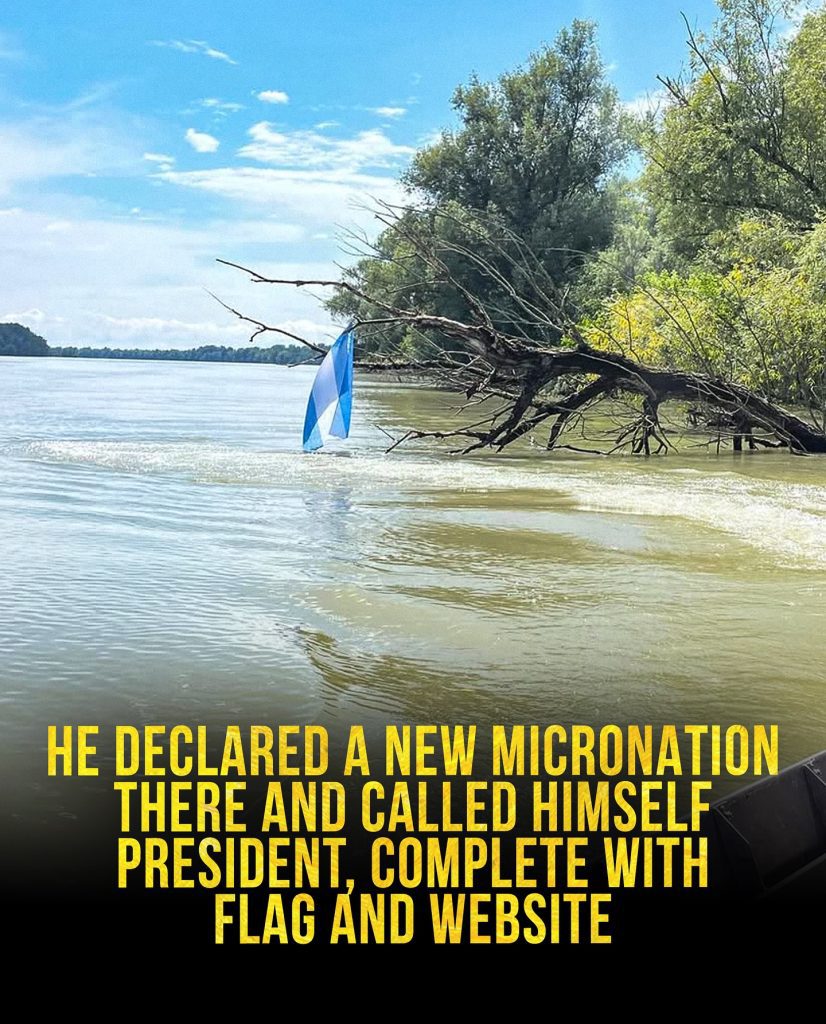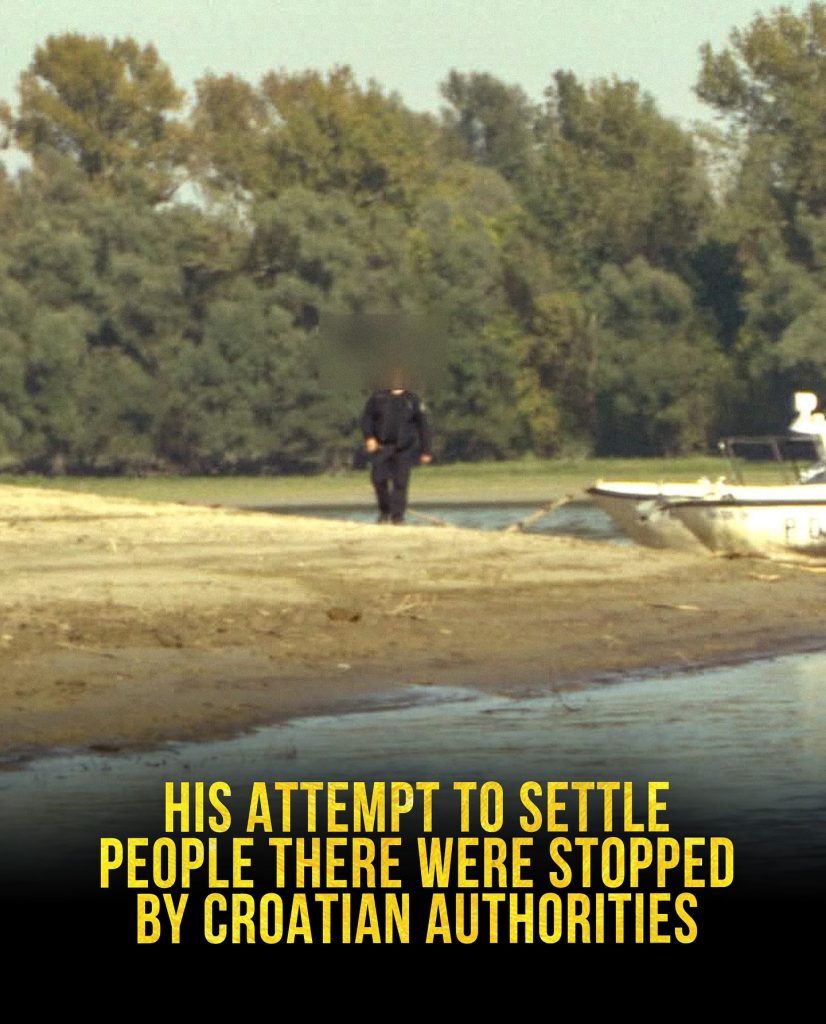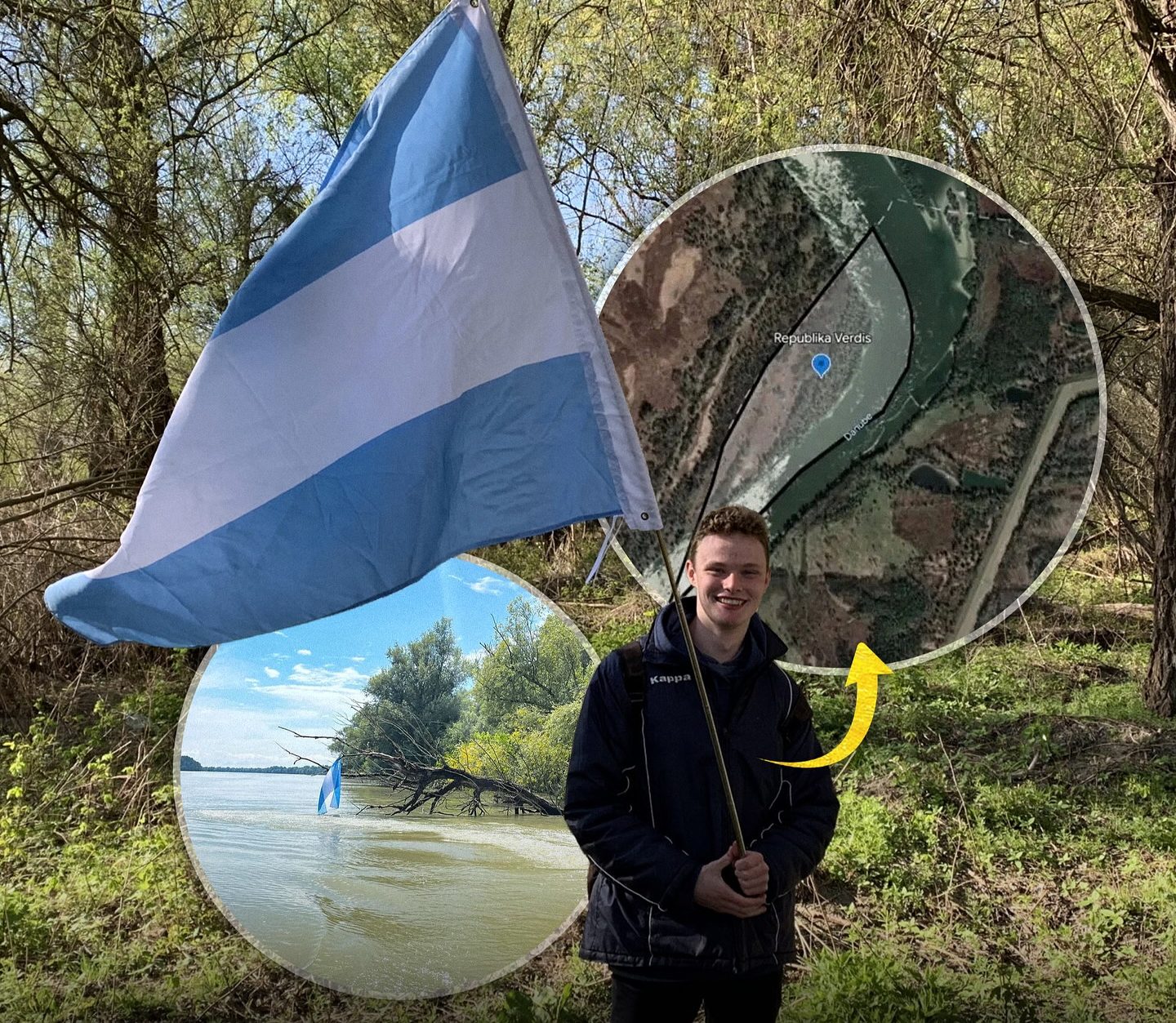How a 20-Year-Old Claimed a Slice of Unclaimed Land in Europe, Declared Himself President, and Sparked a Micronation Story
The Discovery of a Forgotten Land

It sounds like something straight out of a movie—a young man, barely out of his teens, stumbles upon a piece of land that nobody officially owns. That’s exactly what happened when a 20-year-old found himself looking at maps of the Danube River, right where Croatia meets Serbia. Tucked between the borders was a small patch of land that, due to a quirk in how the boundaries were drawn, didn’t technically belong to either country. In the eyes of international law, it was a gray zone—unclaimed, uninhabited, and seemingly forgotten. For most people, it would just be an interesting trivia fact. But for him, it was the beginning of an unusual dream.
The Birth of the Free Republic of Verdis
Most people would probably shrug and move on, but not this young explorer. He decided to turn this little patch of nothing into something—his own country. He declared the creation of the Free Republic of Verdis, a self-proclaimed micronation. It wasn’t just talk; he gave it a name, designed a flag, and even launched a website. His new country wasn’t much more than a symbolic idea, but he crowned himself president and spoke about building a better, more peaceful society from scratch. On the shores of the Danube, he planted his blue-and-white flag, making a statement that was equal parts bold and idealistic.
A President in Exile

Unfortunately for him, reality has a way of interrupting even the boldest dreams. When he tried to settle the land and invite others to join, Croatian authorities stepped in. To them, the idea of a self-proclaimed president setting up shop on the Danube was not something they could just overlook. They stopped any attempts at settlement, and the would-be nation remained uninhabited. But instead of giving up, he continued to call himself the president—albeit now a president “in exile.” From afar, he still talked about his vision for Verdis, treating it less as a lost cause and more as an ongoing protest against outdated border rules.
The Border Technicality That Made It Possible

What made this even remotely possible was an unusual detail in how the Croatia–Serbia border is drawn. The land he claimed sits in a strip along the Danube that neither country actively administers. In disputes like these, countries often wait until a full agreement is reached before taking control—but that can take decades. This gap in ownership is what allowed him to make his claim. In his mind, he wasn’t taking anyone’s land—he was simply stepping into a space where no one else had bothered to plant a flag.
More Than Just a Stunt

Some people dismissed it as a publicity stunt, but there’s a deeper side to his story. Micronations—tiny, self-declared “countries” that exist outside official recognition—have long been used as political statements, social experiments, or just creative projects. In his case, Verdis was about more than owning land; it was about making a point. He wanted to challenge the way borders are thought of and to imagine a place where a new community could grow without the baggage of history or politics. While he may not have succeeded in physically building Verdis, the symbolic message traveled far beyond the Danube.
The Future of Verdis
For now, the Free Republic of Verdis exists only in spirit and on the internet. Its “president” still speaks about it, treating it as a movement rather than a plot of dirt on a riverbank. Whether it ever becomes more than that is uncertain. The land will likely remain under watch from Croatian authorities, and the rules of international recognition make it almost impossible for a micronation to be accepted as a real country. But as a story, it continues to capture imaginations—reminding people that sometimes the boldest ideas start with a single step into the unknown.
A Dream That Lives On
In the end, this story isn’t about winning or losing. It’s about a 20-year-old who looked at the map, saw a blank space, and thought, “Why not?” While the world is full of borders, rules, and paperwork, there will always be dreamers who try to redraw the lines. And maybe, just maybe, that’s what keeps life interesting

